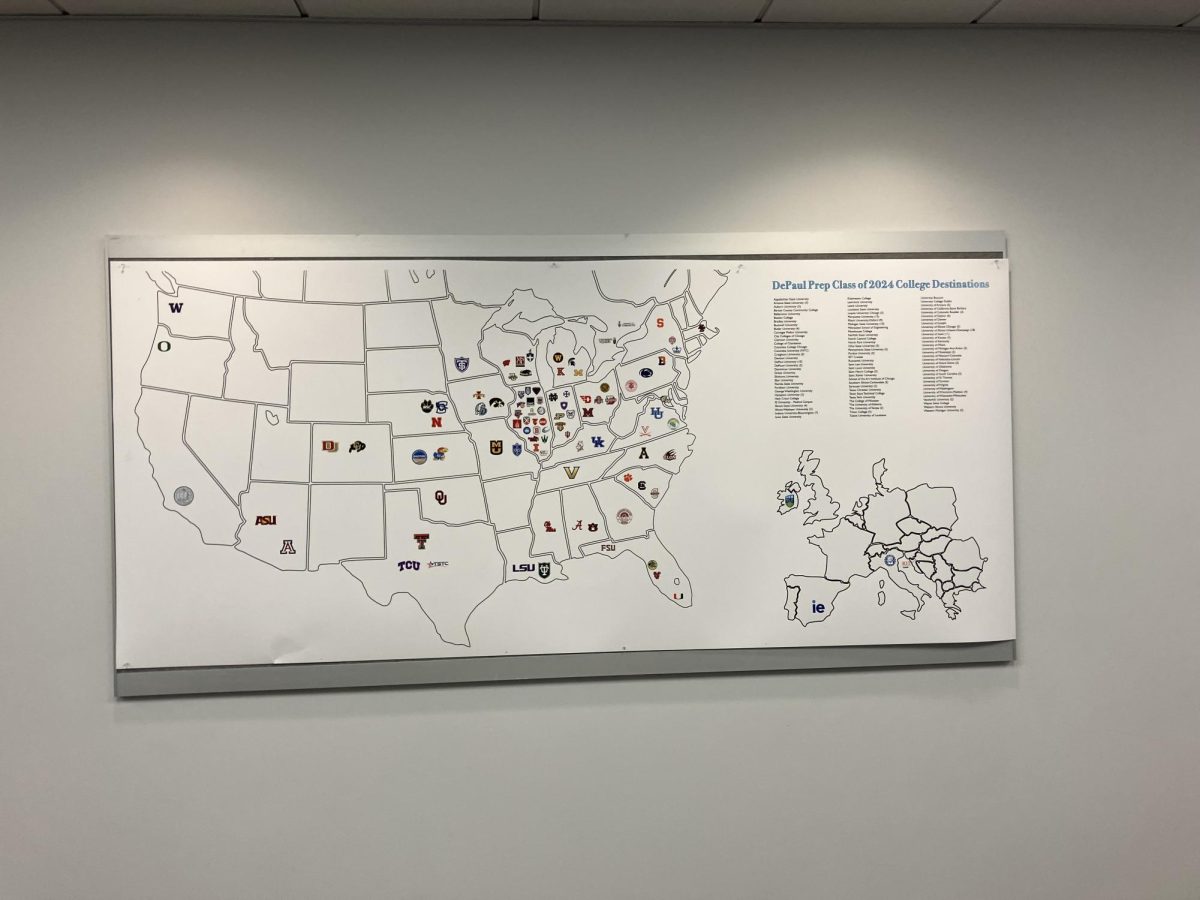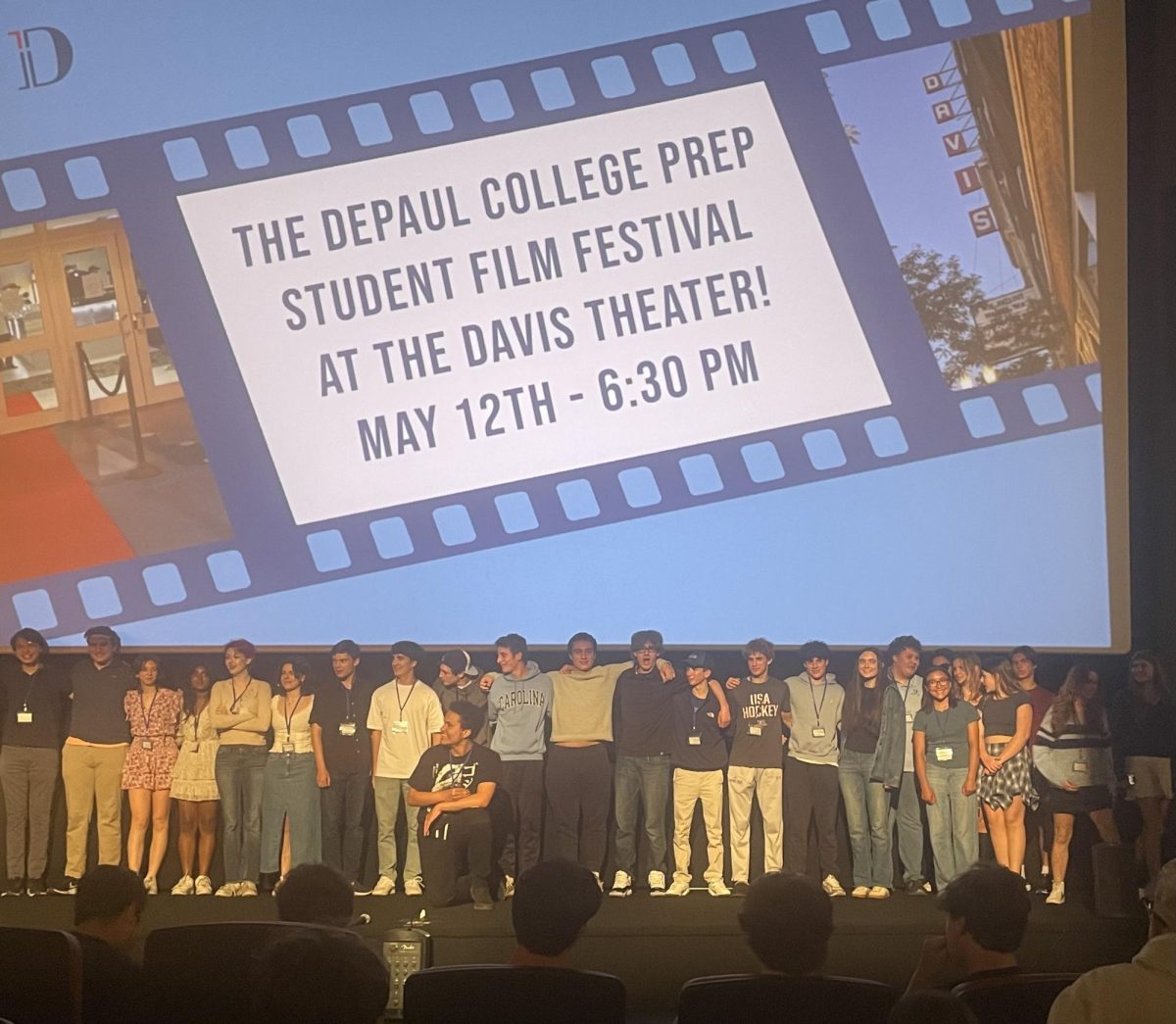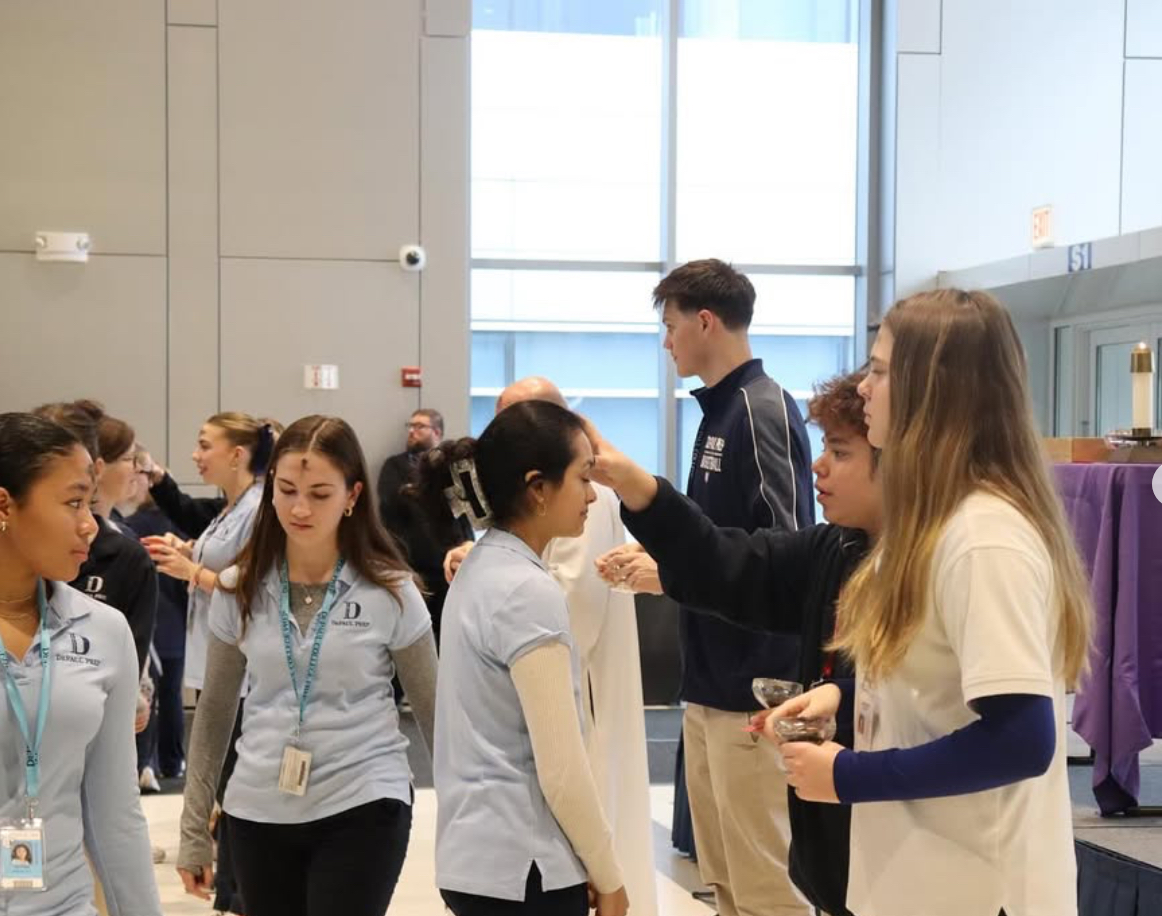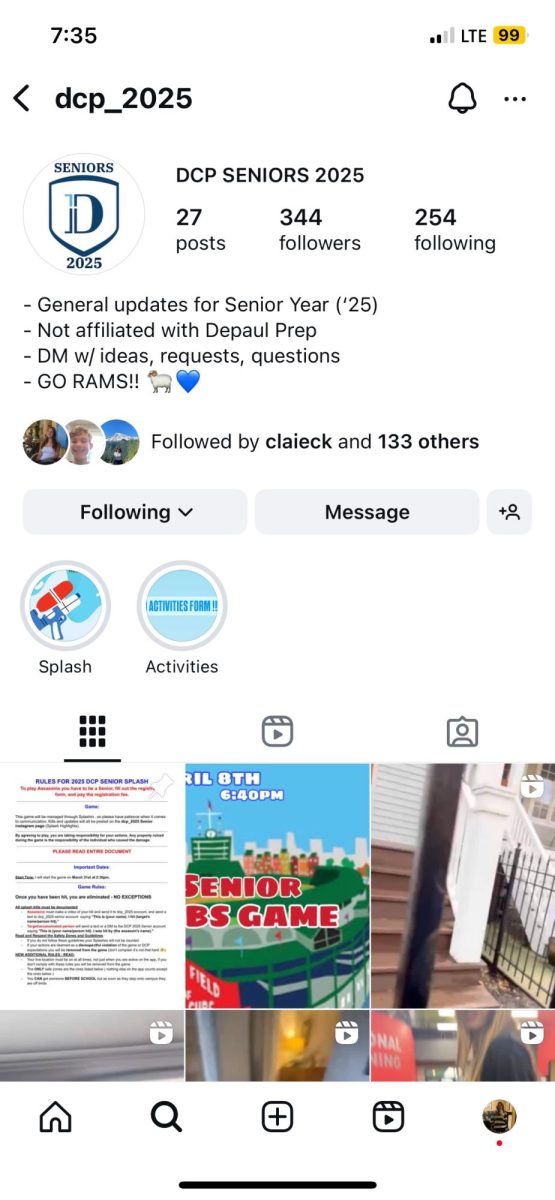As soon as high school starts, students are told to think about college. Though the college application process may seem stressful and confusing, students are guided through it at every step.
Starting the College Process
College Counselor Shelby Saunders says college planning starts freshman year. Counselors guide underclassmen through the early stages by helping them reflect on their strengths and weaknesses inside and out of the classroom. Then, they are able to take classes and engage in activities geared towards their interests which sets them up for looking at colleges starting junior year.
Junior Kira Ramberan believes that her counselor has helped her choose the best classes for pursuing a biology major. One way her counselor helped her was by urging her to take more than one year of STEAM electives because many California colleges require it.
Senior Adrian Blair believes that her counselor was able to aid her by “helping me manage my time and teaching me the importance of balance inside and outside the classroom.” She felt more prepared going into junior and senior year so that even though applying to college was still stressful, it was easier to manage because of the time management skills she learned.
Meeting College Counselors
Students meet with their college counselors for the first time junior year between Thanksgiving break and March. College Counselor Tony Minestra credits the easy transition to college counselors and to the close relationship between them and the counseling team. He says that Nicole Kucera, the new ninth and tenth grade college advisor, is “bridging that gap between the first and second year students and the junior students.” He believes that “the school counselors are going to get to know the students, their strengths, their talents, their hopes, their dreams, and we have conversations with those school counselors throughout our time, meeting with the juniors and seniors.”
According to Minestra, the topic of the initial meeting varies depending on how far a student is in the college process. Some students have already visited schools and have a list while others are just starting the process. College counselors meet students wherever they are at to best help them. After that meeting, they generally have three to five follow-ups with some students being all set after the first meeting and some needing a little more direction.
Minestra has noticed that students need the most help with two things. They especially need help understanding the application process. He said, “Although it’s gotten easier with the Common Application and digital access, it can seem overwhelming…So just simply walking them through how to get from A to Z” is critical. One way that students can feel more confident about their application is through going to RAMP UP, a program designed by the college counseling team to help them get their application set up the summer prior to senior year. During this program, students fill out the Common App and learn more about what to expect at college. 70% of seniors attended it this summer.
Counselors also help students with deciding where to apply based on what environment will bring out the best in them based on their talents and interests. The most common schools that students apply to are Big Ten Schools or Midwest recognizable names like Marquette.
Most students keep their options open with the average number of schools applied to increasing each year. This year, students applied to 11-13 schools on average while last year it was around 10-11.
The College Essay
An important part of the application is the personal essay. According to AP Language and Composition teacher Paul Sheldon, the essay is supposed to focus less on “ I did these service things. I’m on the speech team, and here are all my achievements” like a resume, but more on “here’s the type of person I am and how I want to engage with academic topics and explore and develop skills and things like that, which is what colleges want to see.” It is a student’s way to sell “your rhetoric.”
College counselors visit junior English classes towards the end of the year. They help students find the different angles that make them interesting as a person. Students are then encouraged to use this to convey their personality and uniqueness. Sheldon believes these tips help to make the essay process smoother and has experienced first hand the foot up it can give seniors through helping some of his students draft their essay during senior year.
Words of Encouragement
Some students find the college process stressful due to grades, standardized tests, financial aid, location, and acceptance rates. As Ramberan says, seeing people get rejected from universities on social media, even with stellar grades and extracurriculars, further increases her stress levels.
For those students, college counselors offer encouragement. Minestra emphasized how his work as a college counselor is “to guide students to wherever they are, wherever they’re hoping to be. So whatever a student’s number one choice is, it’s ours too.” Minestra acknowledges that students feel multiple emotions about college due to it being one of the first big choices they will make in their adult life, but he hopes that students “take on this sense of ownership over the process, that this is the first big choice you get to make, that you’re privileged to make, and why not make it a great choice for you?”







